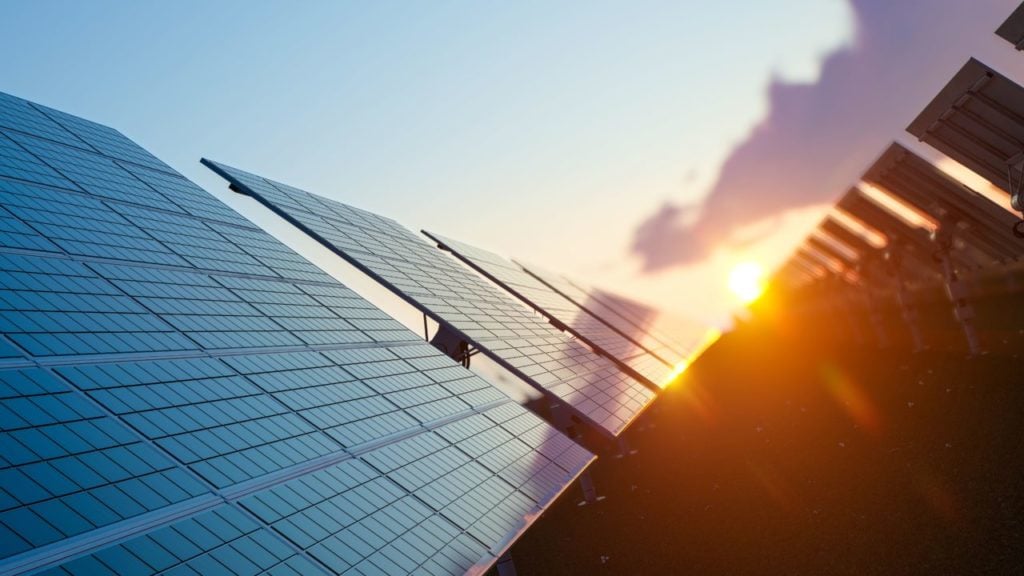
The Solar Stewardship Initiative (SSI) has adopted a new set of binding targets and reporting requirements for its PV manufacturing members.
Solar PV modules destined for the European Economic Area (EEA) – which comprises the 27 EU members, Iceland, Liechtenstein and Norway – Switzerland and the UK will be required to come from manufacturing sites that are certified against both the SSI Environmental, Social and Corporate governance (ESG) Standard, which was launched in October 2023, and Supply Chain Traceability Standards, which was launched in December 2024.
Try Premium for just $1
- Full premium access for the first month at only $1
- Converts to an annual rate after 30 days unless cancelled
- Cancel anytime during the trial period
Premium Benefits
- Expert industry analysis and interviews
- Digital access to PV Tech Power journal
- Exclusive event discounts
Or get the full Premium subscription right away
Or continue reading this article for free
The ESG Standard sets requirements for manufacturers regarding labour practices, carbon emissions, waste management and other ethical and business management concerns. In contrast, the Supply Chain Traceability Standard focuses on tracing silicon materials used in solar manufacturing from quartz mining to module assembly.
From 1 January 2027, at least 80% of solar modules need to come from SSI-certified sites, which will increase to 100% a year later.
According to the SSI, this means that within three years, every solar module supplied to the EEA, Switzerland and the UK will be produced under “robust ESG and traceability assurance”.
On top of these new binding targets, the SSI also approved new reporting requirements for its module manufacturing members. Starting from 1 April 2026, members will be required to inform the SSI Secretariat of a list and location of all operational production sites; annual nameplate capacity of each site; and planned dates and results of the SSI ESG and Supply Chain Traceability assessments for each operational module site.
Rachel Owens, CEO of the SSI, said: “These commitments mark a major step forward for responsible solar supply chains, sending a clear signal that access to key markets will increasingly depend on meeting robust ESG and traceability standards. The targets will be reviewed and updated annually, with the potential to expand further upstream to additional sites and drive fully certified supply chain traceability.”
Launched in October 2022, the SSI was created to set out the solar industry’s next steps in ensuring transparency and responsible production across the entire value chain. Jointly launched by trade associations SolarPower Europe and Solar Energy UK, it was endorsed by more than 50 companies and today its members represent more than 70% of the world’s solar manufacturing capacity.
According to the SSI, over 85GW of solar module capacity has already been certified against the SSI ESG standard.
“By setting clear, measurable goals and requiring transparent reporting across all manufacturing facilities, the SSI is accelerating progress toward full ESG and traceability assurance in solar. This work is critical to building trust with policymakers, investors, and consumers—and to ensuring that the energy transition is both fast and fair,” added Owens.
Earlier this year, Chinese solar manufacturer Trinasolar became the first company to achieve certification under the SSI ESG Standard. Audited by German certification body TÜV SÜD, work at two of Trinasolar’s manufacturing plants, in Yancheng Dafeng and Yiwu, eastern China, met the SSI’s ESG Standard.
The new binding targets and reporting requirements for the SSI members can be accessed here.






